For those who are wondering, The library of Alexandria was a huge library in Egypt that was destroyed over 1,300 years ago. The library consisted of thousands of scrolls and books about mathematics, engineering, physiology, geography, blueprints, medicine, plays, and important scriptures.
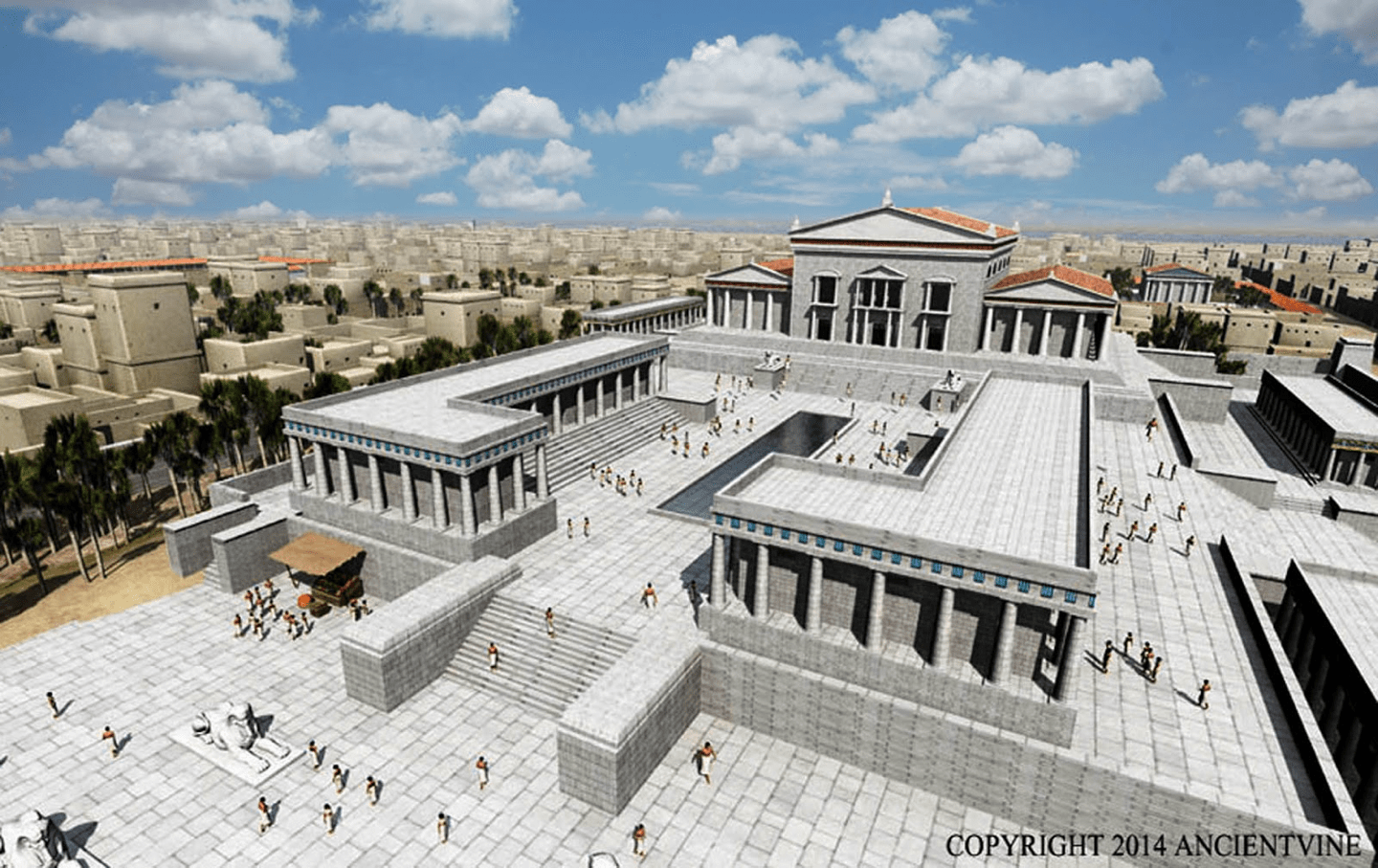
In fact, the Library of Alexandria was part of Museum and a science research center dedicated to knowledge. It was build during the reign of Ptolemy II Philadelphus between 284 and 246 BC.
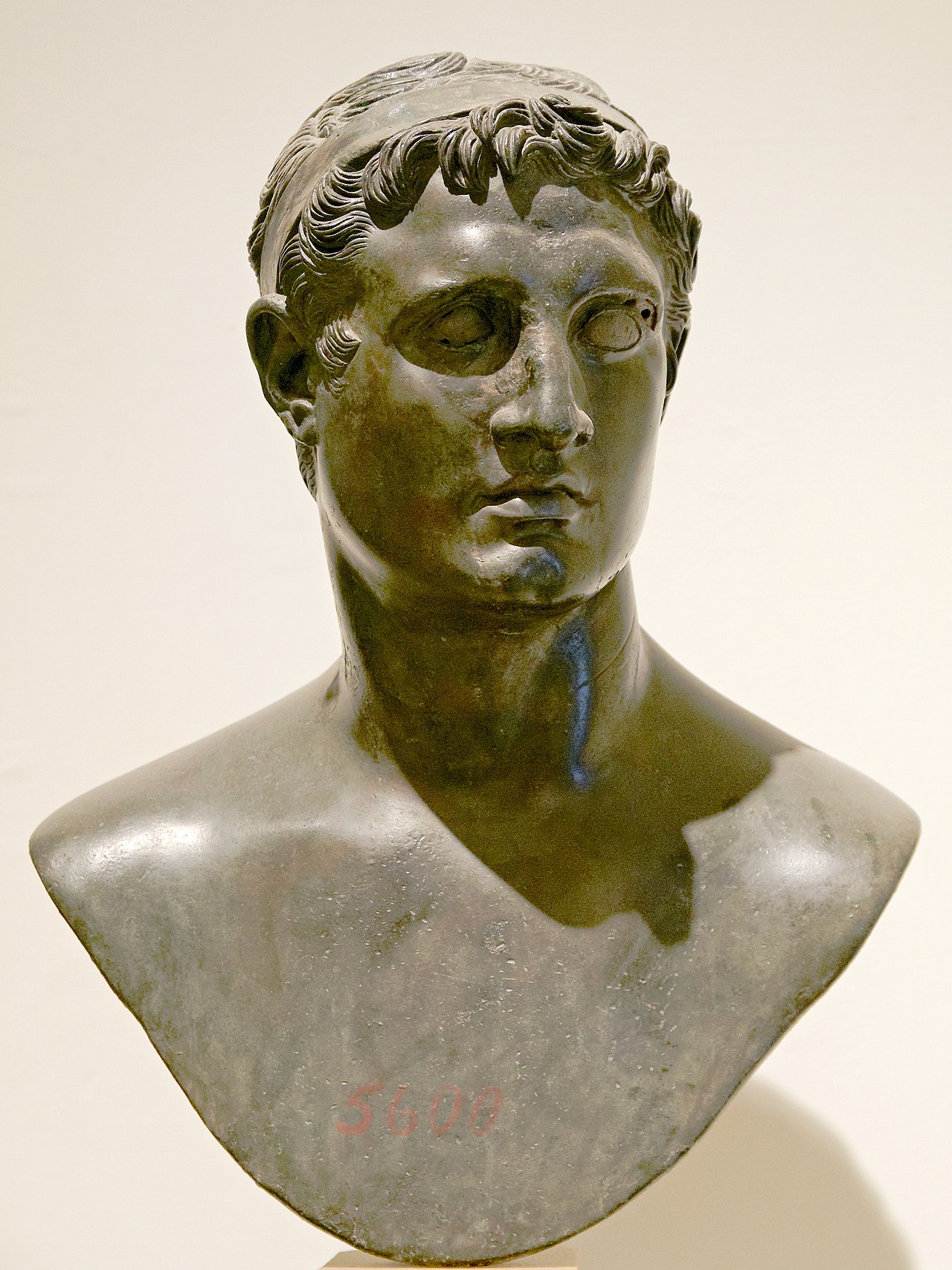
Ptolemaic rulers of Egypt fostered progress and knowledge collection. They gave scholarships to scientists, philosophers and poets to come and live in Alexandria. In exchange, rulers were getting advice on how to rule their vast country.
In Alexandria, the thirst for books was so great, it was written that ships arriving were ordered to surrender their books, which were taken and copied by scribes. The owners received the copy and the originals were kept and placed in the Library of Alexandria.
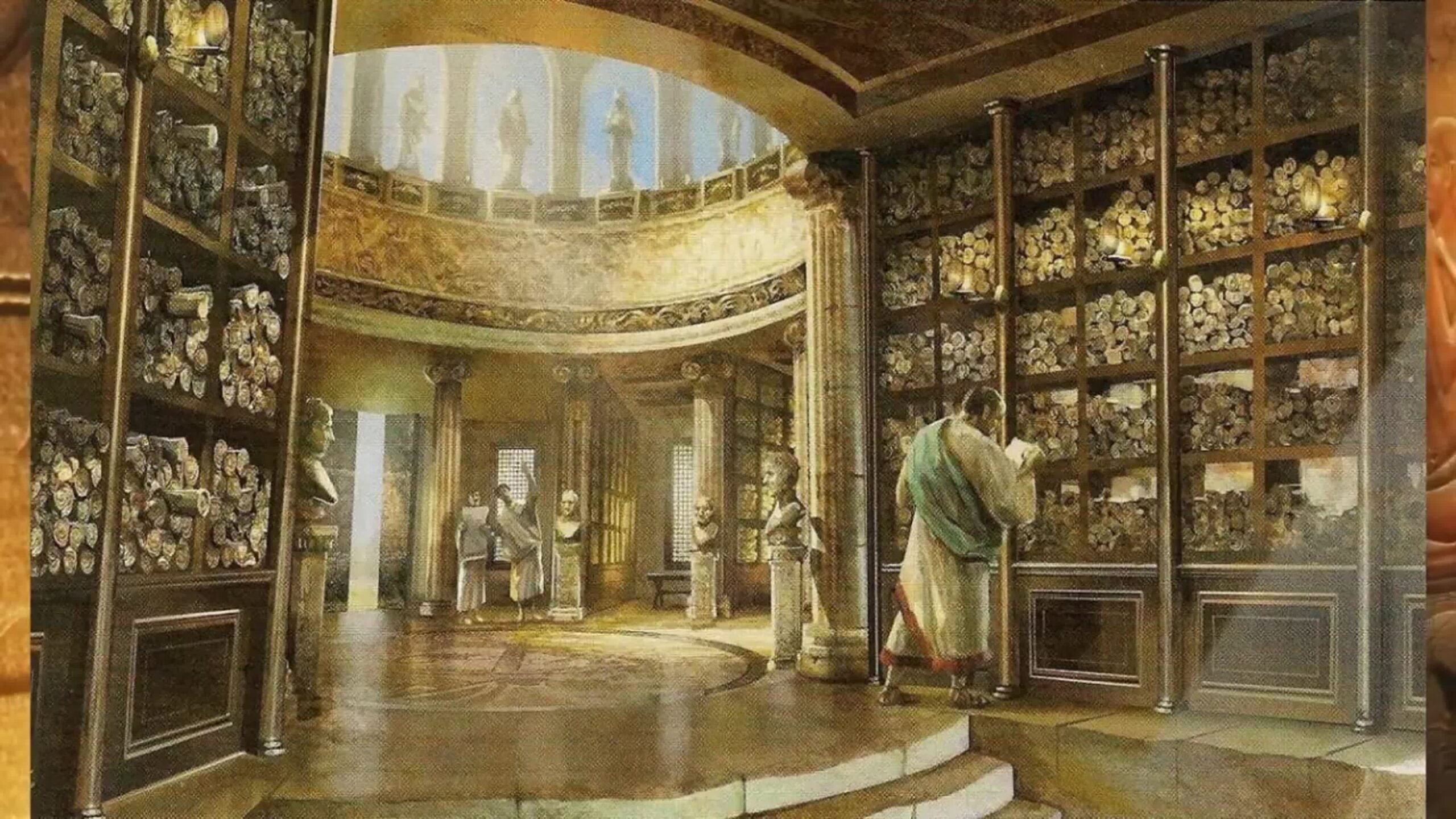
Thinkers from all over the Mediterranean used to come to Alexandria to study. Most of the major work of ancient civilizations up until that point was lost. If the library still survived till this day, society may have been more advanced and we would sure know more about the ancient world.
But when and how was this great library actually destroyed?
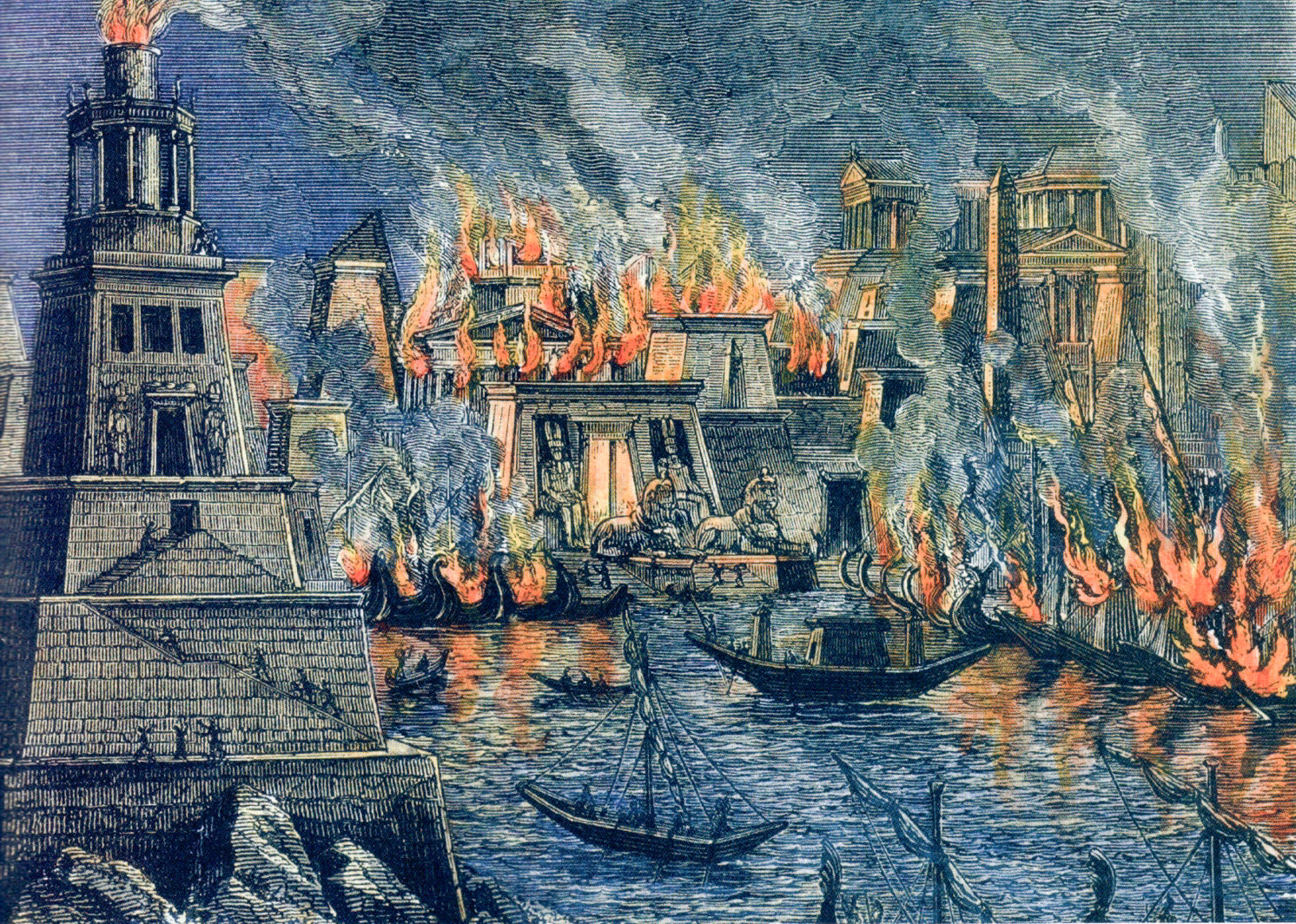
The destruction of the Library of Alexandria, also known as Mouseion, isn’t a clear-cut event with a single cause. It’s more like a decline over time due to several factors. Here’s a breakdown of the main theories:
- Julius Caesar’s Civil War (48 BC): Some accounts mention Julius Caesar’s forces accidentally setting fire to the docks during a battle, which supposedly spread to the Library. However, evidence suggests the Library (or at least parts of it) survived or was rebuilt soon after.
- Gradual Decline (Roman Period): Lack of funding and support during the Roman period likely led to the Library’s decline.
- Arab Conquest (640 AD): A famous story blames the Arab conquest of Alexandria for the Library’s destruction. However, most scholars now believe the Library was already in ruins by this point.
While the exact details are debated, it’s safe to say the Library’s decline happened over centuries, not a single event.
So, what did we truly miss out on when the Library of Alexandria was destroyed?
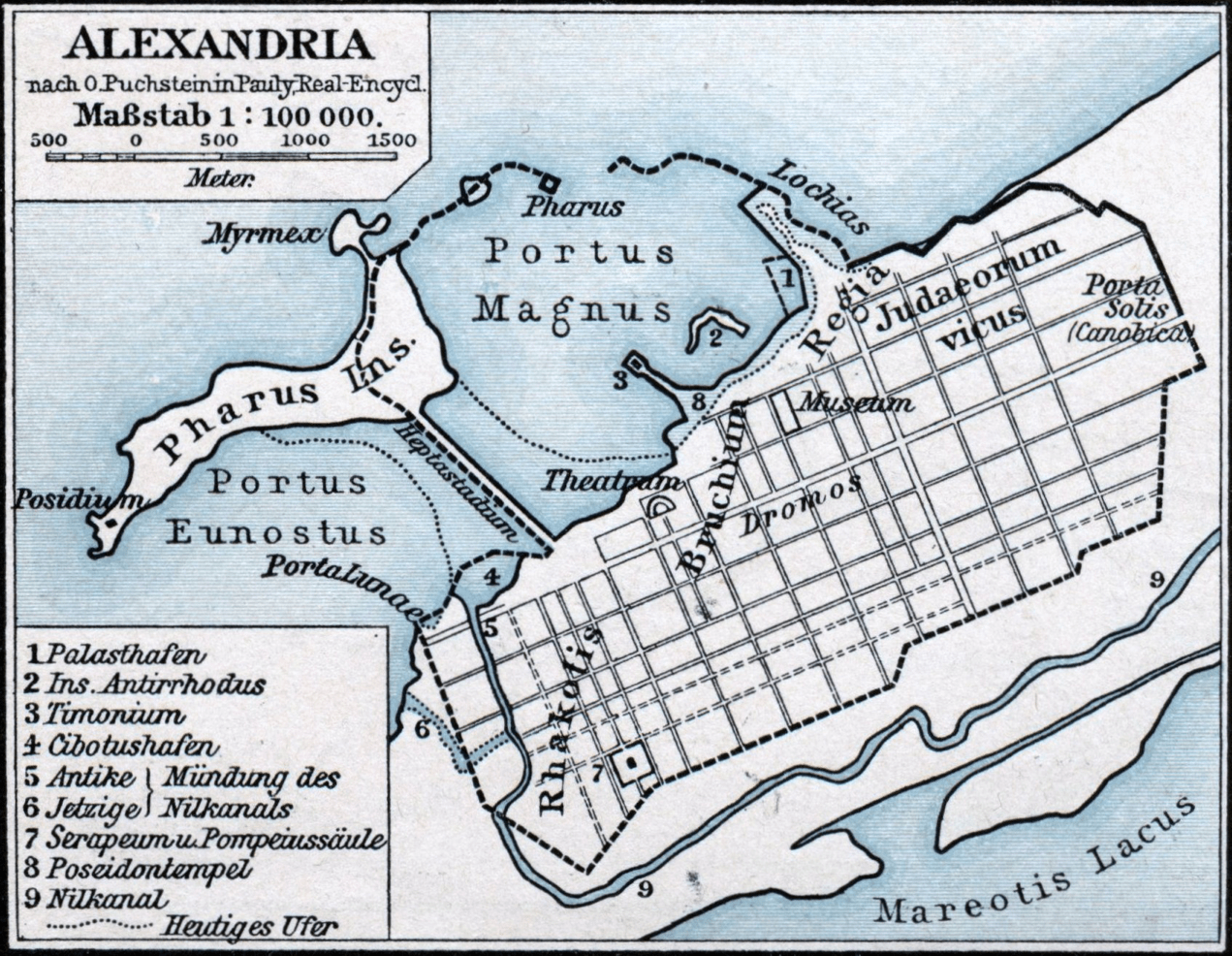
The destruction of The Library of Alexandria has been considered a catastrophic event, not only because of the loss of vast amounts of information but also because of the potential loss of groundbreaking ideas and inventions that could have shaped our world today.
The library housed an estimated number of 40,000 to 500,000 texts from various origins and diverse topics. The sheer volume of information it contained makes it a treasure trove for modern historians and researchers. However, what truly makes its destruction tragic is the potential loss of ideas and inventions that could have greatly impacted our world today.
One such loss is that of Ctesibius’ written works. A renowned inventor and mathematician, Ctesibius was known as the “father of pneumatics” due to his study and fascination with compressed air. One notable invention was a clock that could activate mechanisms at preset times, such as a statue that could stand up by itself and pour libations during lavish parades organized by Ptolemy II. Sadly, none of his written works survived to this day.
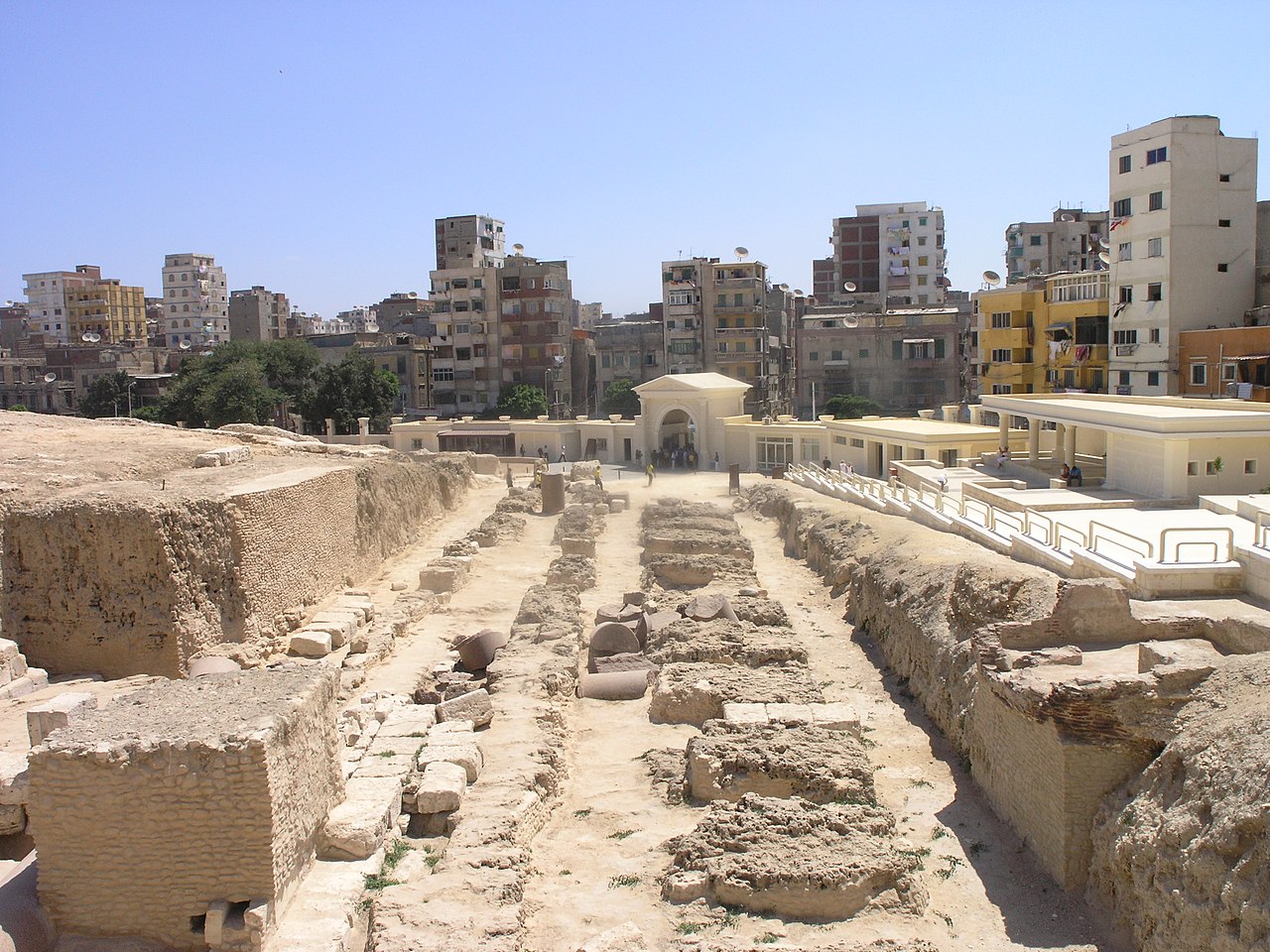
Another significant loss was the Pinakes, a monumental bibliographic catalogue that did not simply list books but also provided biographical information about authors and evaluations of authenticity. This catalogue would have been extremely useful to librarians in managing such a massive collection of texts. Unfortunately, this text, along with many others from the library, were lost during its destruction.
The head librarian in Alexandria during its zenith, Eratosthenes made one of the greatest scientific achievements of ancient times. He deduced that the Earth was round and calculated its circumference, a feat that would not be replicated for centuries to come. By measuring the distance between Alexandria and Syene and determining that they were located on the same meridian, Eratosthenes concluded that the circumference of the Earth was between 39,060 and 40,320 kilometers. To put this into perspective, modern estimates place the circumference of the Earth at 40,075 kilometers. This impressive calculation by Eretosthenes was referenced by notable scientists in later centuries, but his written works were also lost during the destruction of the library.
The extent of knowledge and advancements in mathematics during ancient times is further highlighted by recent discoveries. It was believed that combinatorics, a field of mathematics that deals with arrangements and combinations of objects, was relatively modern. However, in his dialogues, Plutarch references a conversation where Chrysippus claims that the number of intertwinings from ten simple statements is over one million. Another mathematician, Hippasus, contradicts this and shows that there are actually 103,049 intertwinings. In 1994, it was discovered that this number corresponds to the 10th Schröder number, which indicates the number of ways in which a sequence of ten symbols can be bracketed. This discovery shows that mathematical problems of great complexity were being worked on during ancient times.
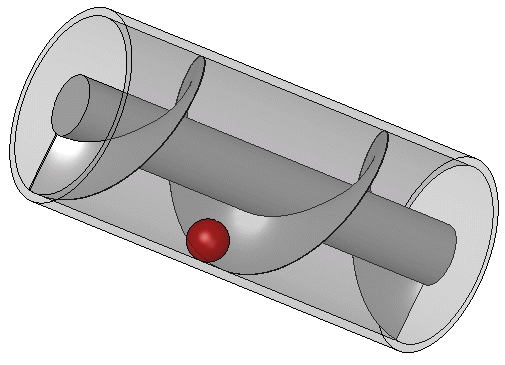
While these are just a few examples of what we have potentially lost with the destruction of the Library of Alexandria, it is believed that there were countless other groundbreaking ideas and inventions that were never shared or recorded. The library was a hub for intellectual exchange and collaboration, and it is impossible to estimate what further advancements could have been achieved if it had not been destroyed.
The loss of the Library of Alexandria was not just a loss of information, but a devastating blow to the progress of human knowledge. The destruction of this great library serves as a reminder of the fragility of our past and the importance of preserving our history and knowledge for future generations. It is a tragic loss that still continues to impact us today, as we can only imagine what incredible advancements we could have achieved if the library had not been burned down.

